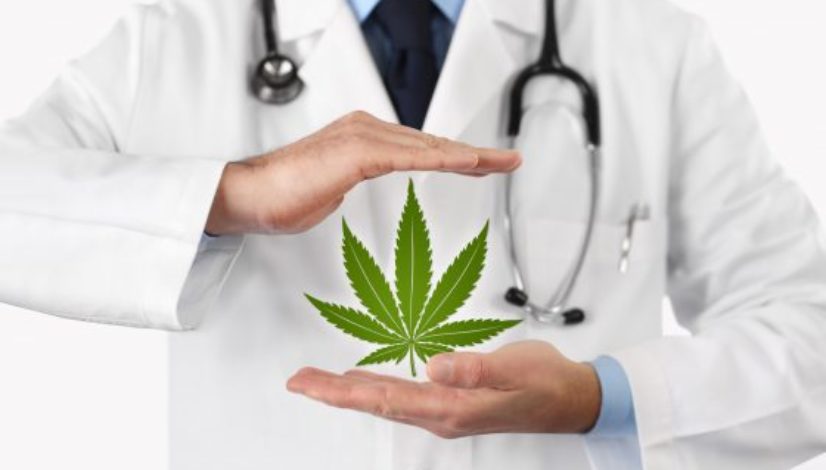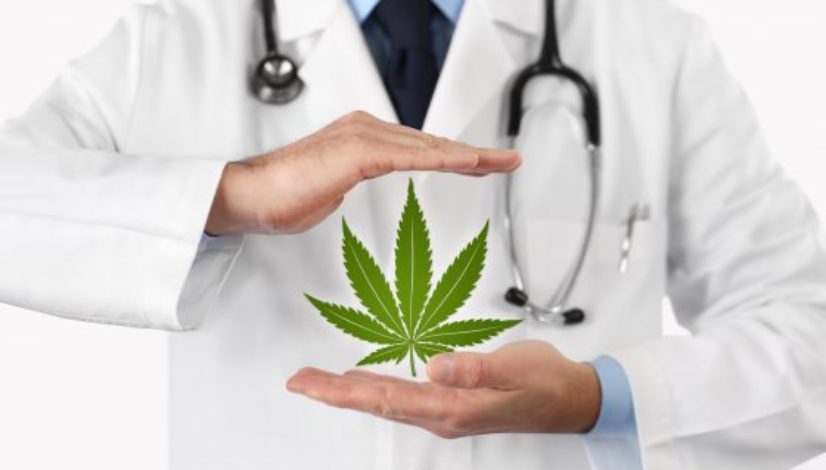Florida health clinics not signing up to approve medical cannabis

Published: Oct 13, 2017, 10:55 am • Updated: Oct 13, 2017, 10:55 am
By Gary White, The Ledger
Nearly a year has passed since Floridians voted to add marijuana to the list of medications the state’s doctors are allowed to use.
Though the result was decisive — 71 percent of voters approved a constitutional amendment — the change was not sudden. As required by Amendment 2, the Florida Department of Health created a system of guidelines, including a requirement for doctors to complete training before they could recommend medical cannabis to patients.
More than 1,000 doctors are qualified to treat patients with marijuana, according to the latest figures from the Department of Health’s Office of Medical Marijuana Use. The list includes 15 doctors based in Polk County.
That equates to one qualified doctor per 43,333 Polk County residents. Statewide, the numbers translate to roughly one trained doctor per 20,500 people.
Renee Petro, a co-founder of CannaMoms, a group of mothers of children with complex medical problems, had harsh words in assessing the situation in Polk County.
“I feel like Polk County is very backward, and I’ve heard doctors are really very worried about jumping on board,” she said. “So a lot of these patients have to travel to Clearwater. … A lot of these patients are driving to multiple locations.”
Related stories
- Suspended NFL-er Josh Gordon says troubles started when Baylor coaches helped him pass marijuana drug tests
- Man who caused fracas when he tried to open plane door had consumed edible
- Sarasota, Florida plotting workaround to comply with state MMJ laws
- Congressman proposes budget amendment to protect marijuana research from DOJ
- Florida police arrest parents after teacher reports kid’s backpack smells of weed
While the number of Polk County doctors qualified to treat with marijuana is slowly rising, the county’s largest medical centers seem to be opting out. Four of the most prominent clinics appear to have no doctors on their staffs qualified to recommend medical marijuana.
Watson Clinic, the county’s largest network with 224 doctors in multiple locations, has no physicians with the state certification, spokeswoman Jenny Baker said. None of Watson Clinic’s doctors has plans to pursue the training, Baker said, though she didn’t say the clinic has a policy forbidding them from doing so.
Lakeland Regional Health employs 138 doctors in more than 20 specialties, and none is qualified to order treatment with marijuana, spokeswoman Jennifer Audette said. She said the network has no plans at present to ask its doctors to do the training.
Audette made a distinction between physicians employed by LRH and those employed elsewhere but on the medical staff of Lakeland Regional Health Medical Center. Some of those doctors might have completed medical-marijuana training.
None of the 39 doctors employed by Gessler Clinic is qualified to treat with marijuana, said Assistant Administrator John Ellis. He said he didn’t think the clinic has a policy barring them from getting the state training.
“It’s never been discussed at the board level,” Ellis said.
The Ledger did not receive an answer to an inquiry with Bond Clinic in Winter Haven.
Amendment 2 and the subsequent state law allow use of marijuana to treat symptoms of such diseases as cancer, HIV/AIDS, glaucoma, ALS, Parkinson’s disease and multiple sclerosis, as well as other ailments with similar effects.
Patients must join a state registry and receive an identification card from the Department of Health to obtain marijuana for treatment.
The state certification program is overseen by the Florida Medical Association and the Florida Osteopathic Medicine Association. The original guidelines required doctors to receive eight hours of training, but a law passed by the Florida Legislature in June changed that to a two-hour program.
The law says the training can cost no more than $500.
All doctors seeking to recommend medical marijuana, including those who previously qualified, must take the new training by Dec. 27 — 90 days from when it became available Sept. 28.
Christopher Cano, executive director of Central Florida NORML, a marijuana-advocacy group, criticized the system that allows the Florida Medical Association, which campaigned against Amendment 2, to oversee doctor certification.
Cano said the FMA’s training program has little information about how to treat patients with marijuana.
“It does seem like sabotage on the part of the Florida Medical Association, which has always been against this,” Cano said. “That’s a big concern for many people in the advocacy world, whether they be doctors or advocates like me.”
A call left with the Florida Medical Association on Thursday was not returned.
The 15 Polk County doctors on the state list include a few family physicians and internists and specialists in pain management, endocrinology, neurology, pediatrics and psychiatry. Most are in practices with one or two doctors.
Petro, the CannaMoms co-founder, recently left the Tampa area and moved to Virginia to pursue better treatment for her 15-year-old son, Branden, who has severe epilepsy. Petro, 39, said she knows many other families who have left Florida out of frustration with the treatment available for their children.
Petro offered her assessment of why relatively few doctors in Polk County have sought medical-marijuana training.
“There’s huge problems in Florida,” she said. “I don’t know why doctors aren’t jumping on board. I feel like it’s more of a taboo and more of the stigma of being known as ‘pot doc,’ if you will.”
She said doctors at larger clinics are less likely than solo practitioners to use medical marijuana.
“I think what the issue is — in order to find a bigger clinic in Polk County, the medical director and everybody has to be on board. And I feel you have a lot of doctors who still don’t believe this is medicine,” she said. “You have a lot of doctors, they don’t want to be lumped in with something that’s still federally illegal. So there’s plethora of different issues there.”
Cano cited other factors.
“For certain doctors, it may be a matter of time,” he said. “They don’t have the time or money to take the test. For many, it may be an issue of education. Some may not have had enough patients (who could benefit).”
Cano criticized what he called a “double standard” in mandating training for doctors to be able to recommend medical marijuana while none is required to prescribe such powerful opioids as OxyContin and Vicodin.
Petro said the shortage of doctors eligible to recommend marijuana statewide allows some doctors to charge unreasonable fees to patients.
“I feel like the doctors need to be regulated in how they charge patients,” she said. “Why is every doctor charging a different amount? It’s the same technique, the same protocol. I’ve had people contact me and say doctors want to charge them $800 just to (help) get their medical cannabis card.”
Gary White can be reached at [email protected] or 863-802-7518. Follow on Twitter @garywhite13.
Information from The Ledger (Lakeland, Fla.)
Topics: dispensaries, Florida, Florida Amendment 2, Florida Health Department, medical marijuana, regulations




